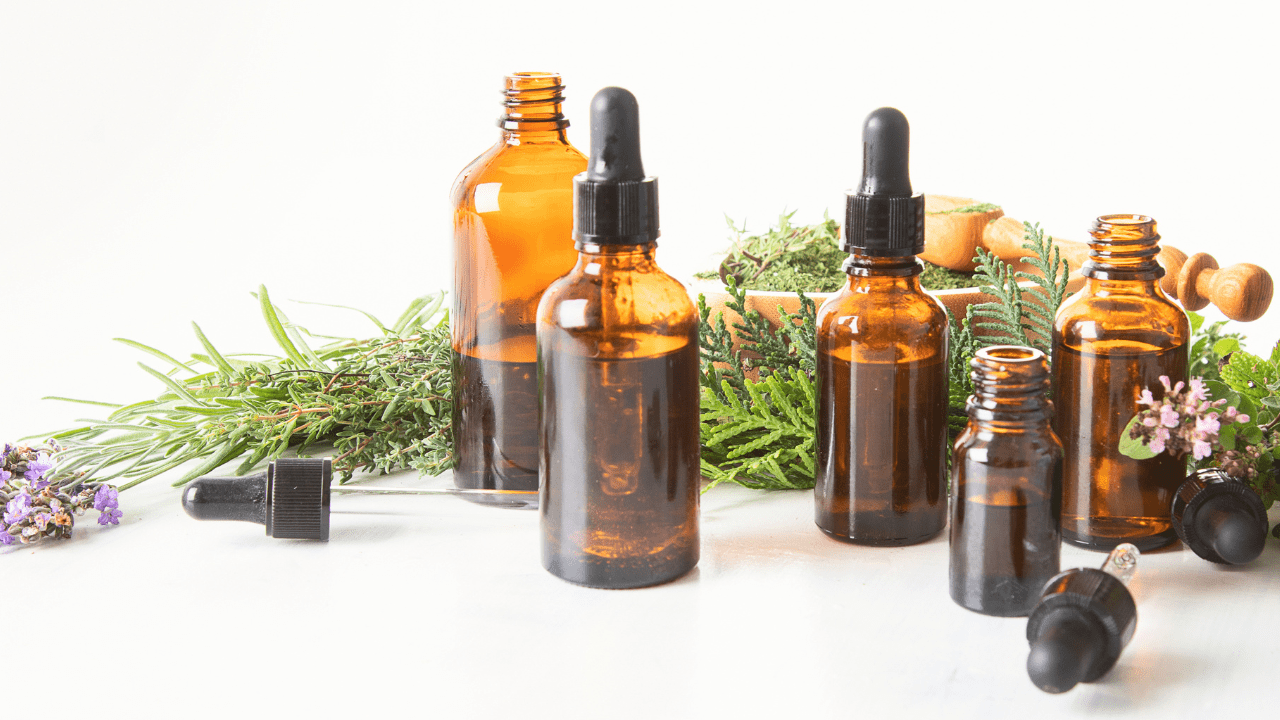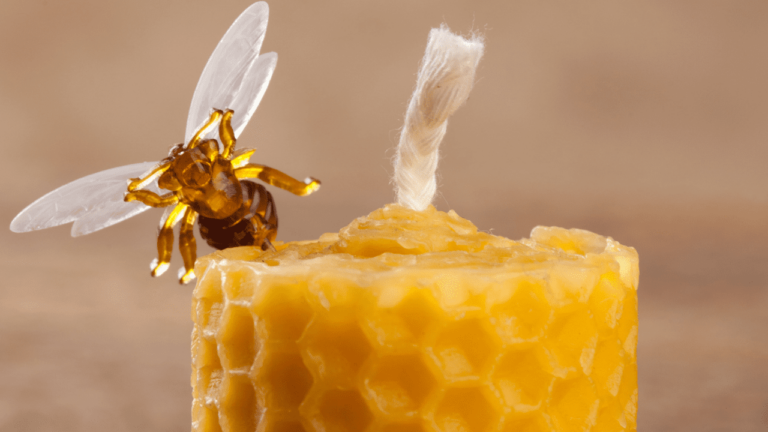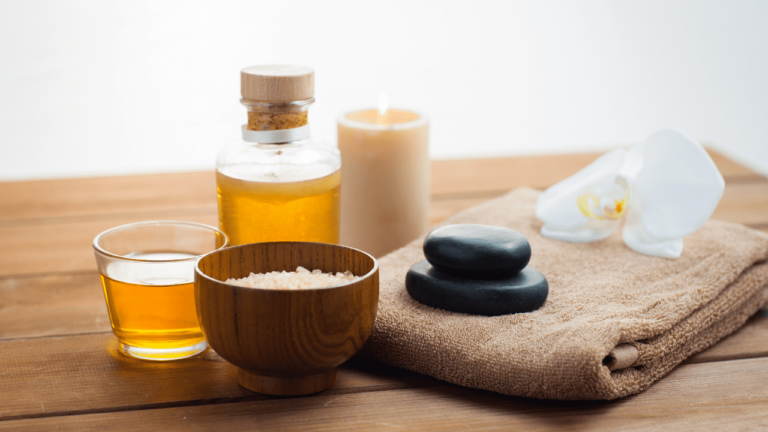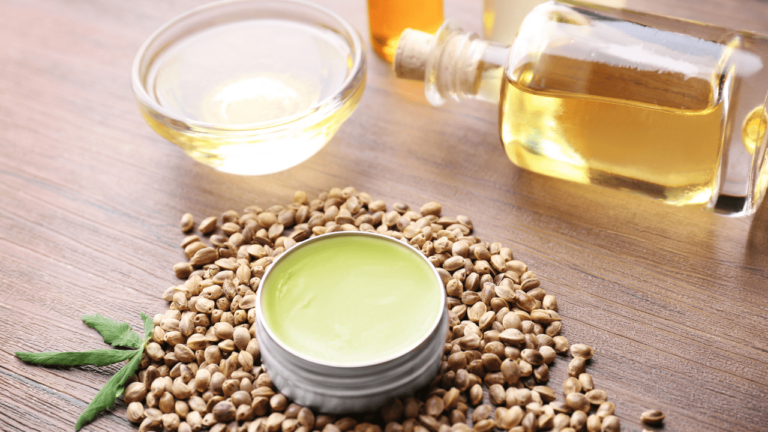What Is The Best Carrier Oil To Mix With Essential Oils
You might be wondering what the best carrier oil To Mix With Essential Oils. Carriers are important because they help dilute essential oils and make them safer to use. They also help Essential Oils stay on the skin for a longer period.
There are many different types of carrier oils, each with its own set of benefits. You might want to consider using a carrier oil that is closest to your skin type. For example, if you have oily skin, you might want to use a light carrier oil like jojoba oil. If you have dry skin, you might want to use a heavier carrier oil like coconut oil.
In this article, we will discuss the most popular types of carrier oils and their benefits.
What Do Carrier Oils Do for Essential Oils

Essential oils are potent, powerful, and often expensive. So it’s important to use them sparingly and make them go further by mixing them with carrier oil.
Carrier oils do two things: they dilute the essential oil so that it’s not so potent, and they help the essential oil to be absorbed by the skin. Some carrier oils have other benefits too, like being anti-inflammatory or antioxidant-rich.
So what’s the best carrier oil for essential oils? That depends on your needs. Some of our favorites include jojoba oil, argan oil, and grapeseed oil. But you can also use olive oil, coconut oil, or almond oil if you prefer.
Read More: Seaweed Facial Mask Recipe for Dry Skin
Properties of Effective Carrier Oils

When it comes to carrier oils, there are a few important things to keep in mind.
- The oil should be light and easily absorbed by the skin. This is why grapeseed oil and jojoba oil are popular choices, as they closely resemble the natural oils our skin produces.
- The oil should not readily go rancid. This is why unrefined oils—such as virgin coconut oil, for example—aren’t as common as refined oils.
- The oil should be affordable and easy to find. Again, grapeseed oil and jojoba oil fit the bill here.
It is important to consider the properties of the essential oil you’re using. Some essential oils are best used with a light carrier oil, while others do better with a more viscous one.
Safety Considerations When Using Carrier Oils With Essential Oils
When it comes to safely use carrier oils with essential oils, there are a few things to keep in mind. The first is that some people are allergic to certain carrier oils, so it’s best to test the oil on a small patch of skin before using it on a larger area.
It’s also important to note that some carrier oils can break down essential oils over time, and others can alter their quality with prolonged contact. So if you plan on making your blends with carrier oils, opt for those that don’t react easily with oxygen and ultraviolet light such as jojoba, sweet almond, and coconut oil.
Finally, be sure to read all labels carefully and avoid any products that contain added preservatives or other ingredients that could pose a health risk. Using high-quality pure carriers ensures they have the highest potency and safety available.
Carrier Oil Guide for Common Essential Oil Uses
The thing to remember with carrier oils is that different types of oil can be better suited to different uses. Here’s a breakdown of some of the most common carrier oils and their best uses.
Jojoba oil: Perfect for treating dry, aging skin due to its natural vitamin E and antioxidants, which help to replace lost moisture, soften wrinkles, and reduce inflammation. It’s also known to balance sebum production in the skin, making it great for oily or acne-prone skin.
Coconut oil: Has incredible moisturizing properties that make it perfect for treating dry skin and protecting the skin from environmental damage. It’s also antibacterial, so it can help calm blemishes caused by bacteria and fungi. And it’s rich in lauric acid which helps reduce wrinkles and other signs of aging.
Grapeseed oil: Another great choice for oily skin thanks to its astringent properties that help tighten pores, control sebum production, and prevent breakouts. It’s also packed with nutrients like vitamin C and omega fatty acids that are known to nourish your skin while keeping it hydrated.
Argan oil: It is beneficial for both dry and oily skin, as it’s a lightweight oil that’s rich in antioxidants. It also has anti-inflammatory properties.
Castor oil: It is thick and viscous, making it great for treating dry skin conditions. It’s also antibacterial and helps to clear away toxins from the skin.
Tips for Proper Storage and Shelf Life of Carrier Oil Mixtures

Having the right carrier oils will help you get the most out of your essential oil experience, but you’ve still got to take steps to ensure long-term storage and shelf life. Here are some tips:
- Keep a tight lid on your bottle of carrier oil. Essential oils evaporate quickly and can be lost if not sealed tight.
- Choose lighter oils such as almond, sunflower, grapeseed, or jojoba oil over heavier ones like coconut, castor, or olive oil. These lighter oils have a lower viscosity and will evaporate more slowly than the others.
- Store mixtures in a cool place away from direct sunlight and heat sources. This will help them last longer as essential oils don’t like extreme temperatures that can damage their properties faster.
- Use nonreactive containers like amber glass to store essentials combined with carrier oils since reactive materials like plastic can leach chemicals into your mixture.
- Only mix what you need when mixing with carrier oils; otherwise, the remaining combination may not be good for future use after a few days or weeks due to oxidation and changes in composition.
Read More: Stress Relief Sugar Scrub with Essential Oils
Conclusion
So, there you have it. Carrier oils are a necessary part of using essential oils topically, and there are a variety of carrier oils to choose from, each with its own unique set of benefits.






